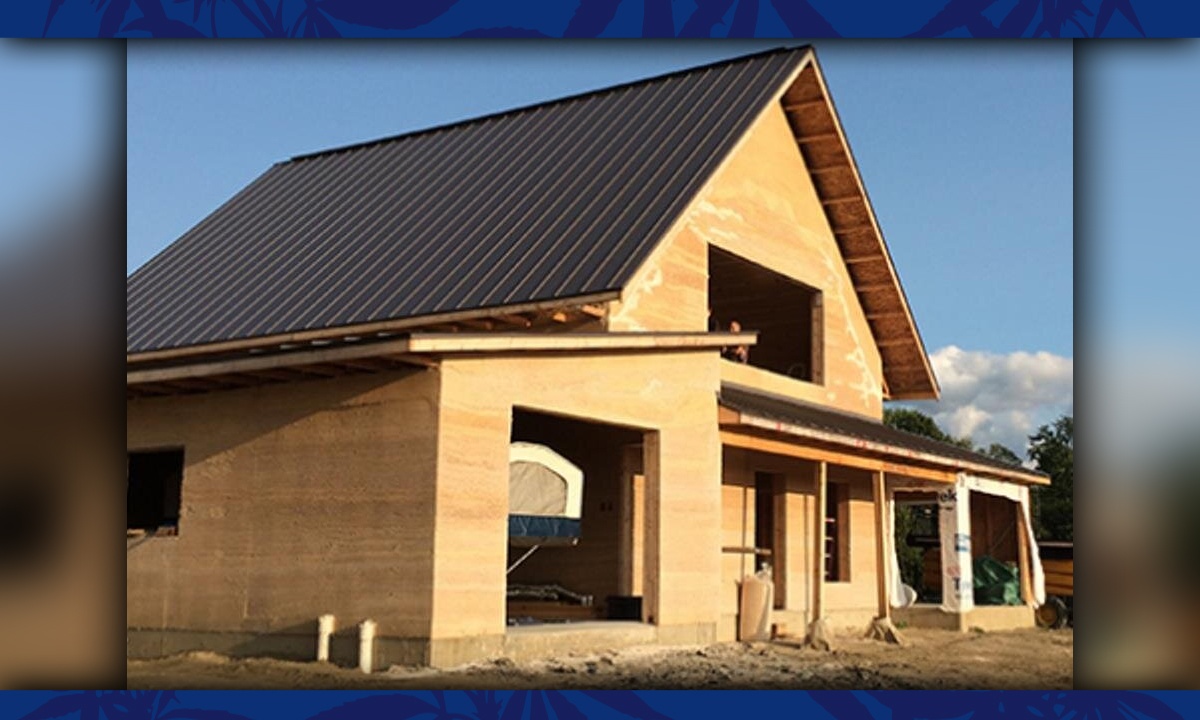Image via
A Canadian hemp company just bought nearly 1,000 acres of land in Colorado as part of a new plan to showcase how hemp can be used to help build affordable housing.
This spring, Vancouver-based Global Hemp Group (GHG) purchased more than 200 acres of land outside of the town of Hayden, Colorado, to provide a home for its new Colorado Hemp Agro-Industrial Zone project. And this month, the company announced that it was under contract to purchase an additional 664 acres in order to expand the project, bringing the total to 874 acres.
The new project aims to develop affordable, eco-friendly housing using hempcrete – a durable, lightweight, sustainable alternative to traditional concrete that is made from natural hemp plants. The company will first use the land to grow a sufficiently large amount of industrial hemp, which will then be processed into hempcrete. Then, the company will use these sustainable materials to build a 44-acre development of affordable homes.
“The project will leverage the existing water rights and infrastructure to turn ‘dry land’ farming acreage into irrigated land with valuable water rights that can subsequently be used to develop ‘affordable housing’ and high value agricultural crops such as industrial hemp,” the company explains. “GHG’s vision is to take the hemp grown onsite and convert as much of the conventional building materials used at the project into sustainable, hemp-based building materials for use in the housing development.”
The new housing development is located just south of Hayden, but still falls within the town’s jurisdiction. The development is intended to serve as a showcase displaying the viability and sustainability of hemp-based construction, but the new project will also create additional local jobs. Hayden Town Manager Matt Mendisco said that he welcomes the new development and believes it will fit in with the town’s history of agriculture.
“It is not farming wheat or raising cattle, but it is still agriculture,” he told Craig Daily Press. “I think, done right and partnered with the community correctly, they could be very successful, and that could provide a lot of jobs.” Mendisco acknowledged that residents might be concerned about a foreign company buying up so much local land, but noted that the town has already established a plan that is “really, really clear about how that area is to develop.”
Although most of the new legal hemp businesses breaking ground all across the US are using their crops to extract CBD and other cannabinoids, GHG and other companies are exploring more traditional uses for hemp. Earlier this year, a Washington state-based company snagged a $100,000 grant from the US Environmental Protection Agency (EPA) to help fund the development of sustainable hempcrete bricks.
Other companies have also focused their research on using hemp to create eco-friendly, renewable bioplastics, which can be used to make sustainable packaging for legal weed, filaments for 3D printers, toothbrushes, and more. And in Italy, farmers have discovered that hemp plants can clean and restore contaminated land by absorbing heavy metals and other toxins out of the soil and converting them into harmless substances.











